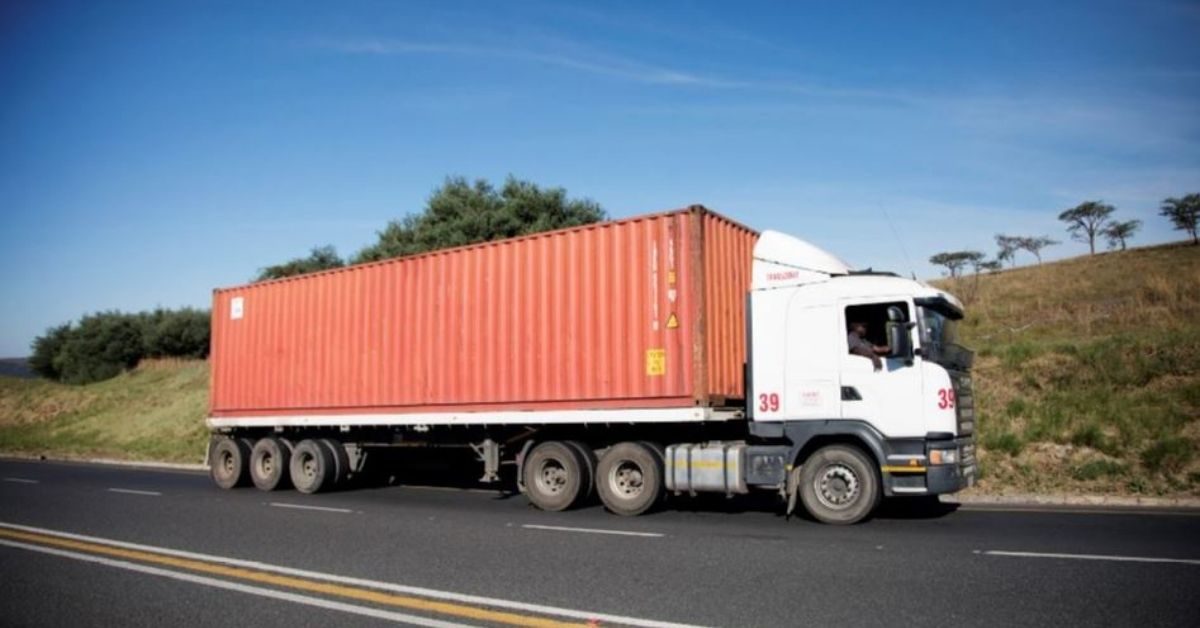Delhi Research Implementation and Innovation (DRIIV), a government of India initiative, has initiated a pilot project along with Indian Institute of Technology, Delhi, to explore the possibility of building logistics hubs along the Delhi-Jaipur highway where diesel trucks can be stopped. The goods they are carrying to the capital can then be unloaded and transhipped to Delhi in electric vehicles.
The aim of the project is to reduce air pollution in Delhi caused by the frequent entry and movement of diesel cargo carriers. The project also aims to identify suitable spots to install EV charging docks along the 278-km highway. “The pilot work will start from September,” said Amrita Dawn, head, tech liaison, DRIIV.
“The project is in the conceptualisation phase. It is one of three associated pilot projects recently announced under the larger project called National Highway for Electric Vehicles,” said Dawn. “For this pilot project, we have taken IIT Delhi on board to assess the effects on air quality and infrastructure related to EVs. The idea is to develop certain logistic hubs along the highway. At such hubs at various junctions of the highway, goods could be transferred from the diesel carriers and reloaded on EVs to be transported to the city. The effect of the pollution levels will be studied in the early assessments.”
Dawn added that the complete project, which would have several EVs running on the highway and installing charging docks and battery swiping infrastructure, will involve private industries and several research organisations.
One of the six city or region-based knowledge clusters, DRIIV, stationed at the IIT-Delhi campus, reports to the office of the principal scientific advisor to the government of India and works on real-world applications employing innovation and technology.
According to various reports, it is estimated that 20-35% of the total urban PM2.5 concentration in Delhi is directly or indirectly caused by the internal combustion engines of motor vehicles. Trucks, which are fuelled by diesel, are among the major contributors of vehicular emissions. “The aim is to ensure that diesel trucks don’t enter Delhi. This will likely lead to a drop in the vehicular load,” said Dr Sagnik Dey, associate professor, IIT Delhi. “The trucks could be stopped outside the city and EVs can ferry all the goods into the city. IIT-D will look into the pollution aspects. Much of this will all depend on the infrastructure that is created.”









